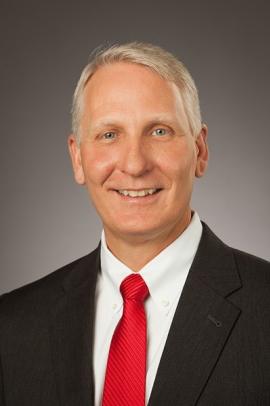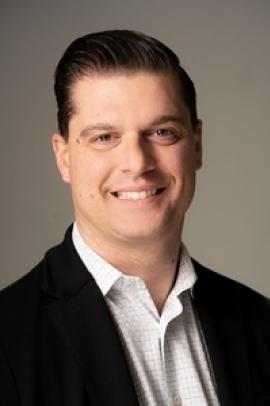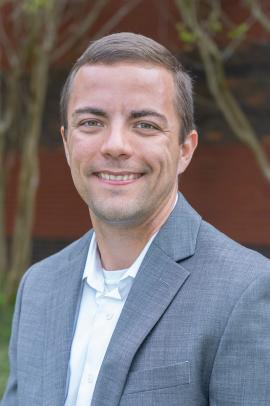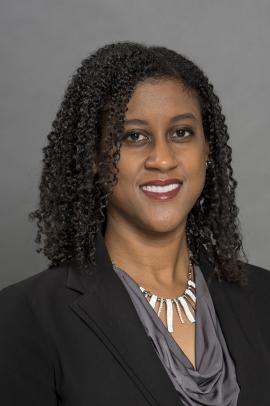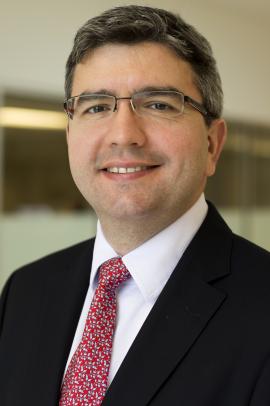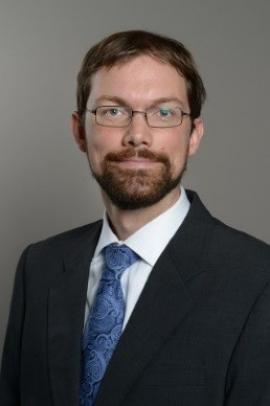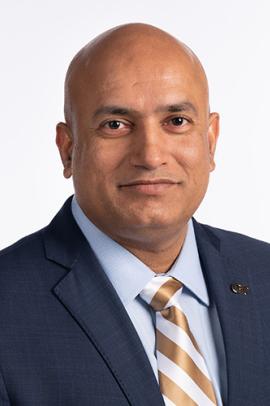MIT Pi Kappa
Cambridge, MA 02139
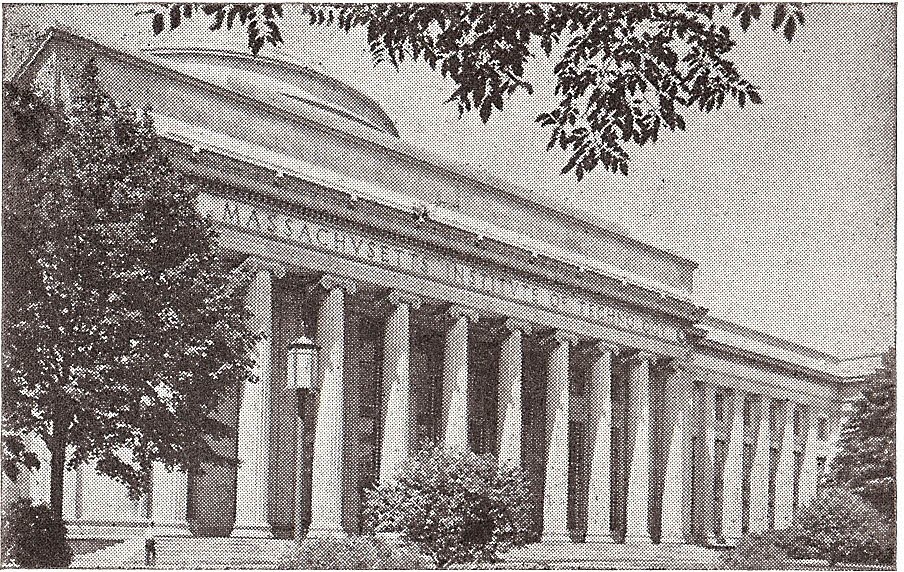
With the wholehearted cooperation of the Mechanical Engineering Department, outstanding students of the Massachusetts Institute of Technology petitioned the National Council of Pi Tau Sigma for a chapter early in 1947. After approval by the Council, the M.LT. Pi Kappa Chapter was formally installed on May 29, 1947, by National Secretary L. J. Bradford with Edward Mikol (Oregon State Omega) assisting.
In addition to the traditional activities, M.LT. Pi Kappa has been active in establishing and carrying out a system of course evaluations for all courses taught by our department. One term, the chapter joined in a campaign to obtain a Mechanical Engineering Commons Room. Another major activity is the exhibits for Open House and as a committee to allocate projects so that service organizations do not overlap in their activity.
ANNUAL SUMMARY REPORTS
2023-2024, Pau Ilerbaig-Bajona, Vice President and Jason Chen, President
This year, MIT Pi Kappa hosted various social, academic, and professional events, with the goal of bringing the MIT mechanical engineering community together and preparing the MIT mechanical engineering community for their future, both academically and professionally. We hosted social events, such as study breaks and our end-of-semester banquet, in which MIT Pi Kappa members and prospective members could meet and connect informally with their peers. We also designed merchandise (hats, T-shirts, and quarter-zip sweaters) for members, which were given to members during merch drop social study breaks. In addition to social events, MIT Pi Kappa hosted events geared towards academic and professional topics. For all these events, the MIT Pi Kappa chapter was responsible for organizing the event logistics, reserving the space, and getting supplies or placing the catering order. We hosted informal lunch chats with faculty members (Professors David Hardt, Isaac Chun, Kenneth Kamrin and Giovanni Traverso), during which MIT Pi Kappa members and MIT Mechanical Engineering faculty met and talked, with students asking faculty any questions that they had about topics ranging from their research interests to their careers as academics. We also hosted an event for students in mechanical engineering to learn more about graduate school, including a panel of current MIT mechanical engineering graduate students. Students were led through a presentation on the MIT Mechanical Engineering Master’s program application and details on the program itself, and then the panel was introduced and asked questions. This event was opened up to the entire Mechanical Engineering department, supporting the department as a whole. MIT Pi Kappa also hosted and supported charity events, such as a card-making study break for Cards for Kidz, an organization that gives holiday cards to hospitalized children. We also partnered with Camp Kesem, which hosts a summer camp for children with parents diagnosed with cancer, supporting them in their annual Crispy Kreme donut fundraiser. This included signing up for shifts to sell donuts, donating 300 dollars from our funds to buy donuts to sell, and advertising the event. Lastly, we held two official initiation ceremonies this year on December 14, 2023 and May 15, 2024, where 21 new members and 15 new members were initiated to the MIT Pi Kappa chapter of PTS respectively. In the future, MIT Pi Kappa hopes to continue working with the Mechanical Engineering department and community at MIT to create and strengthen bonds between students, their peers, and faculty at MIT. We plan to host more events to bring the MIT Mechanical Engineering community together, and emphasize the importance of professionalism and Mechanical Engineering to MIT and the Greater Boston community. Next year, we plan to continue hosting events to do this, as well as include graduating students that are staying at MIT to continue their academics in the community, and to give back to the institutions that have allowed MIT Pi Kappa’s students to grow as mechanical engineers and professionals.
2022-2023, Katie Sapozhnikov, President
MIT Pi Kappa hosted a many events to improve community within the MIT Mechanical Engineering department in both professional and social contexts. MIT Pi Kappa hosted events to help give members more information about opportunities within the department at MIT and into their post-graduate years. We hosted many social events to allow students to meet outside an academic context and to make connections with peers in the Mechanical Engineering department. We hosted banquets, coffee breaks, and other study breaks with some engineering themes. We also provided many opportunities for students to meet with MIT Mechanical Engineering faculty members in a less formal context than that of the lecture room or a research group meeting. Professors like Amos Winter gave invaluable advice on their journey through their education and careers. We also supported the whole of MIT’s mechanical engineering community by hosting an event for students to learn about making their portfolio with the help of the Communications Lab in the MechE department. We also hosted an event that gave high school seniors the chance to learn more about the options and opportunities in the field of Mechanical Engineering through informal conversations with MIT Pi Kappa Members during our campus preview weekend where admitted students come to campus. Furthermore, MIT Pi Kappa hosted and supported a series of professional events geared towards skills and information helpful in industry. Additionally, we hosted events for students to learn more about applying to graduate school, from professors and graduate students themselves. MIT Pi Kappa set up events that helped students navigate classes and coursework and gave advice about academic opportunities. In the future, MIT Pi Kappa hopes to continue its work with the mechanical engineering community at MIT to create bonds between students and faculty, and strengthen its presence and foster connection within the department. We hope to host more events to bring the importance of professionalism and mechanical engineering to the whole of the MIT community and to the greater Boston area. In the coming year, MIT Pi Kappa hopes to connect with more organizations on our own campus and beyond to continue connecting mechanical engineers, preparing them for their futures, and giving back to the community.
2021-2022, Laura Schwendeman, Vice President
This past year MIT Pi Kappa hosted a mix of social, professional, and academic events that were aimed at strengthening the bonds within MIT’s mechanical engineering community. MIT Pi Kappa also hosted events for preparing members for their professional lives post-graduation. We hosted multiple social events to provide students with the chance to meet outside an academic context and to make interdepartmental connections with peers in the Mechanical Engineering department. We hosted banquets, tea socials, and craft sessions with some engineering themes. We also provided many opportunities for students to meet with MIT Mechanical Engineering faculty members in a less formal context than that of the lecture room or a research group meeting. Professors like Ritu Raman gave invaluable advice on their journeys from working in a lab basement as an undergraduate to becoming a professor and building their own lab space from the ground up. We also supported the whole of MIT’s mechanical engineering community by hosting an event for students to learn more about their professional options in Graduate School. We also hosted an event that gave high school seniors the chance to learn more about the options and opportunities in the field of Mechanical Engineering through informal conversations with MIT Pi Kappa Members. Furthermore, MIT Pi Kappa hosted and supported a series of professional events geared towards skills and information helpful in industry. MIT Pi Kappa organized multiple design tool workshops and company information sessions highlighting skills like CAM and Parametric Modeling. Additionally, MIT Pi Kappa set up events that helped students navigate professional interviews and salary negotiations. In the future, MIT Pi Kappa hopes to extend its knowledge and activities to a wider community while continuing to strengthen its presence and its ability to foster connection within MIT’s Mechanical Engineering department. We hope to host more events to bring the importance of professionalism and mechanical engineering to the whole of the MIT community and to the greater Boston area. In the coming year, MIT Pi Kappa hopes to connect with more organizations to strengthen the field of mechanical engineering and to give back to the institutions that have allowed MIT Pi Kappa’s members to study and grow as engineers and professionals.
2019-2020, Miki Hansen, President
This year, our chapter focused on creating a better sense of community within our chapter and within MIT’s Mechanical Engineering department. We hosted many interactive social events -like cookie decorating, for members to get to know each other better. We engaged with faculty and administrators to collaborate on events and to reinstate a previously dormant student advisory board in which officers from MechE societies/clubs could provide feedback to the department about the transition to online learning, peer mentorship, and academic advising, among other things. We also hosted two faculty chats where students engaged in conversations with Professor Maria Yang and Professor Alex Slocum about their career path and research. We founded a mentorship program in which members are matched to underclassmen to provide advice about what classes, career development, and student life. We organized a “Courseroading” event open to all of MechE students where members helped answer people’s questions about what classes to take and when. We also hosted several professional development events focusing on topics such as CAD, visual communication, and grad school programs. In the same vein of professional development, we worked on creating a database of interview questions based on members’ personal experiences for others to reference when preparing for interviews. Over the summer, we are planning a project competition for students to challenge themselves to flex and learn more design and analysis skills through a personal or group project.

